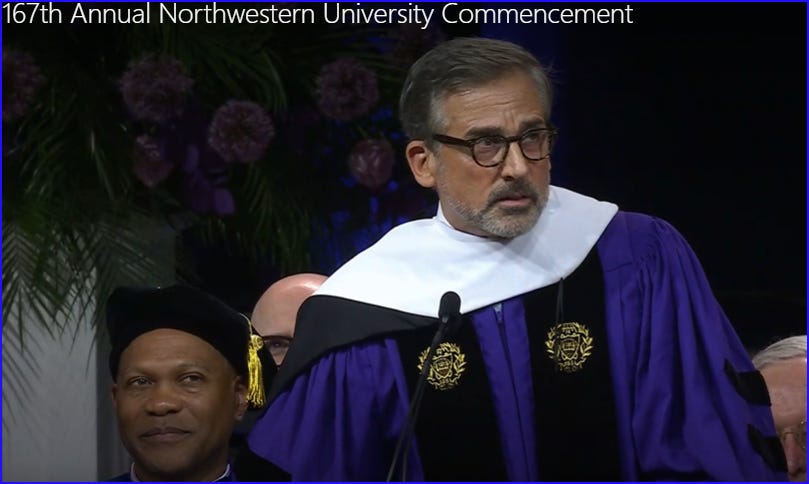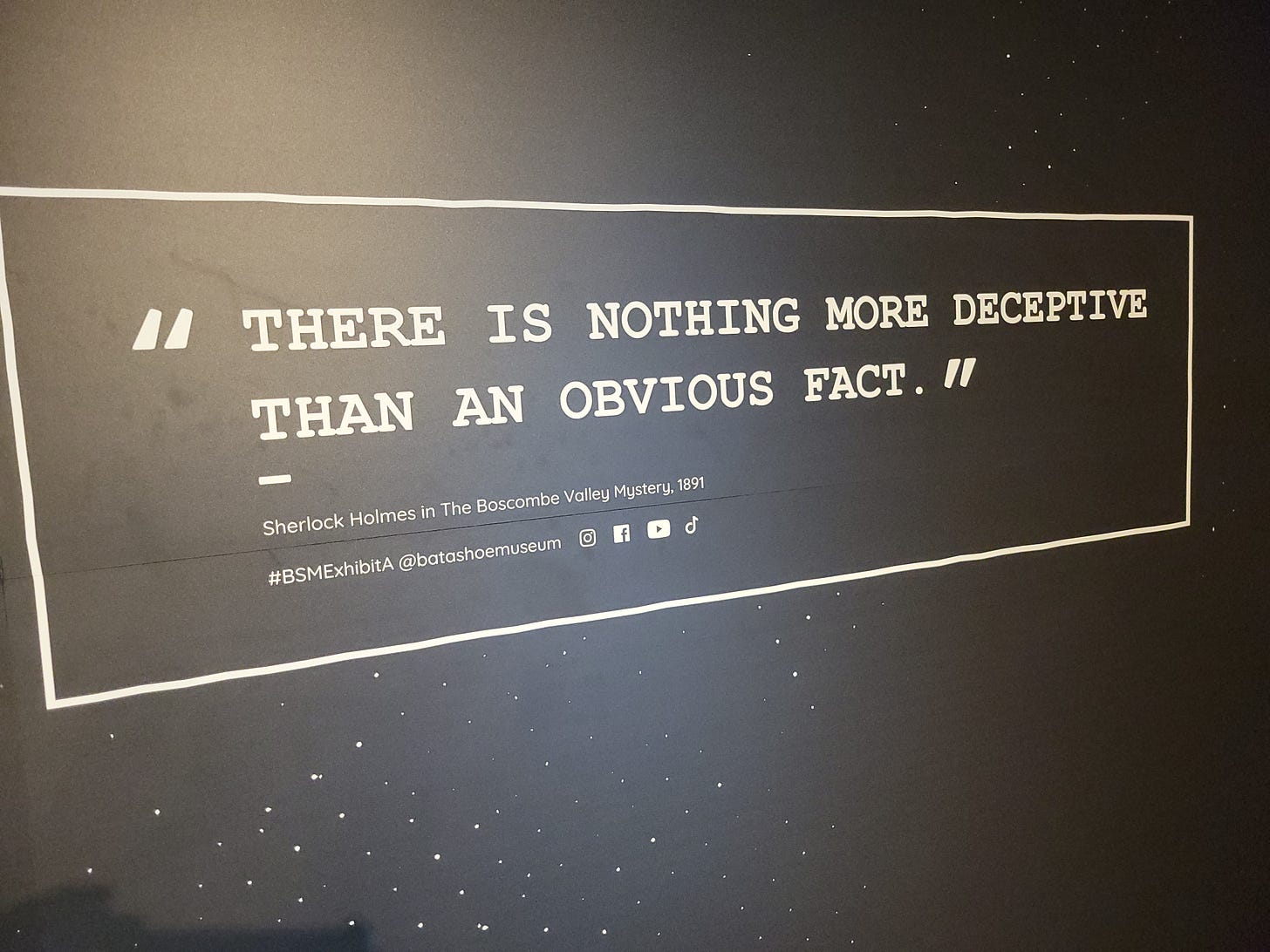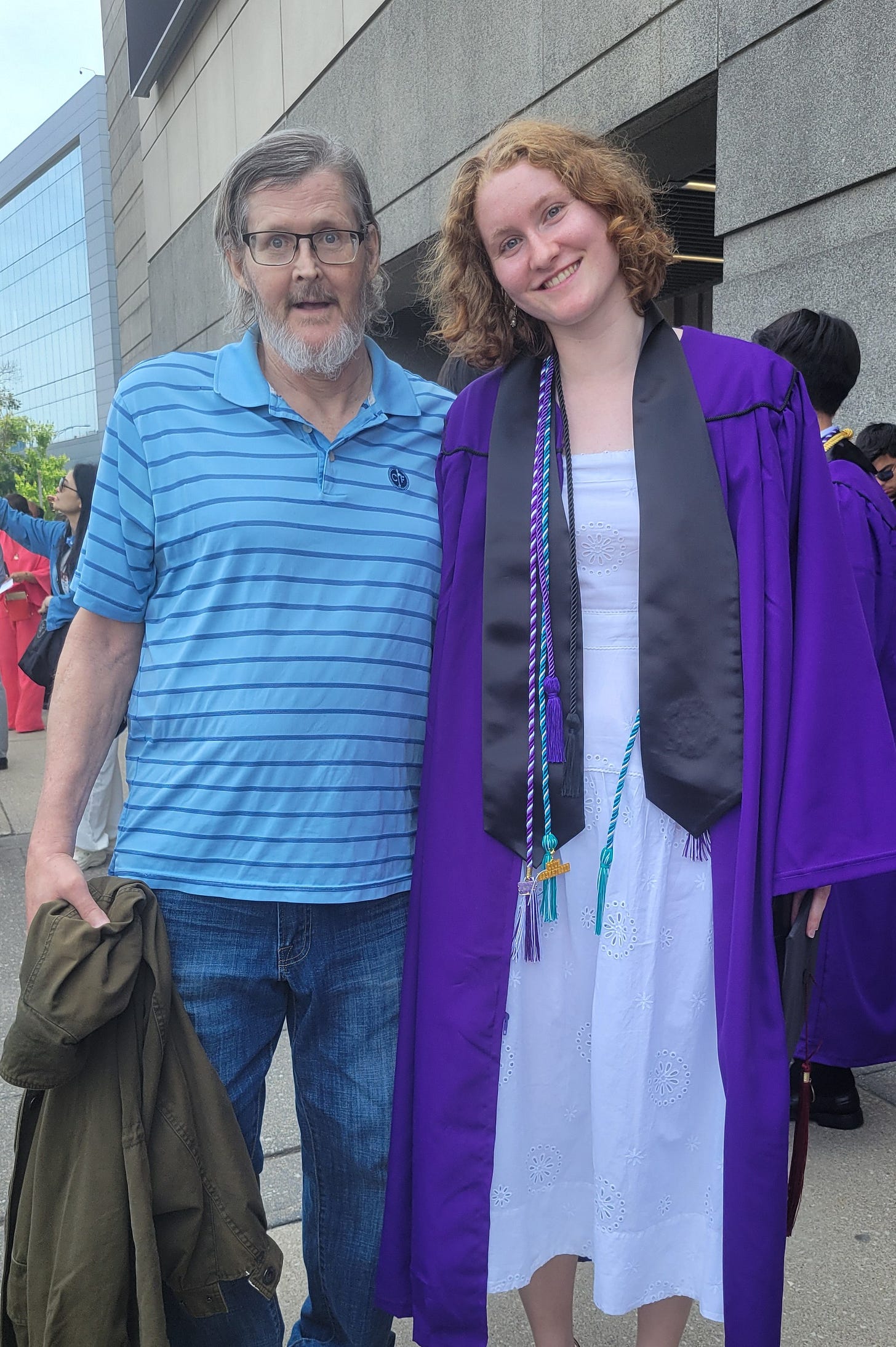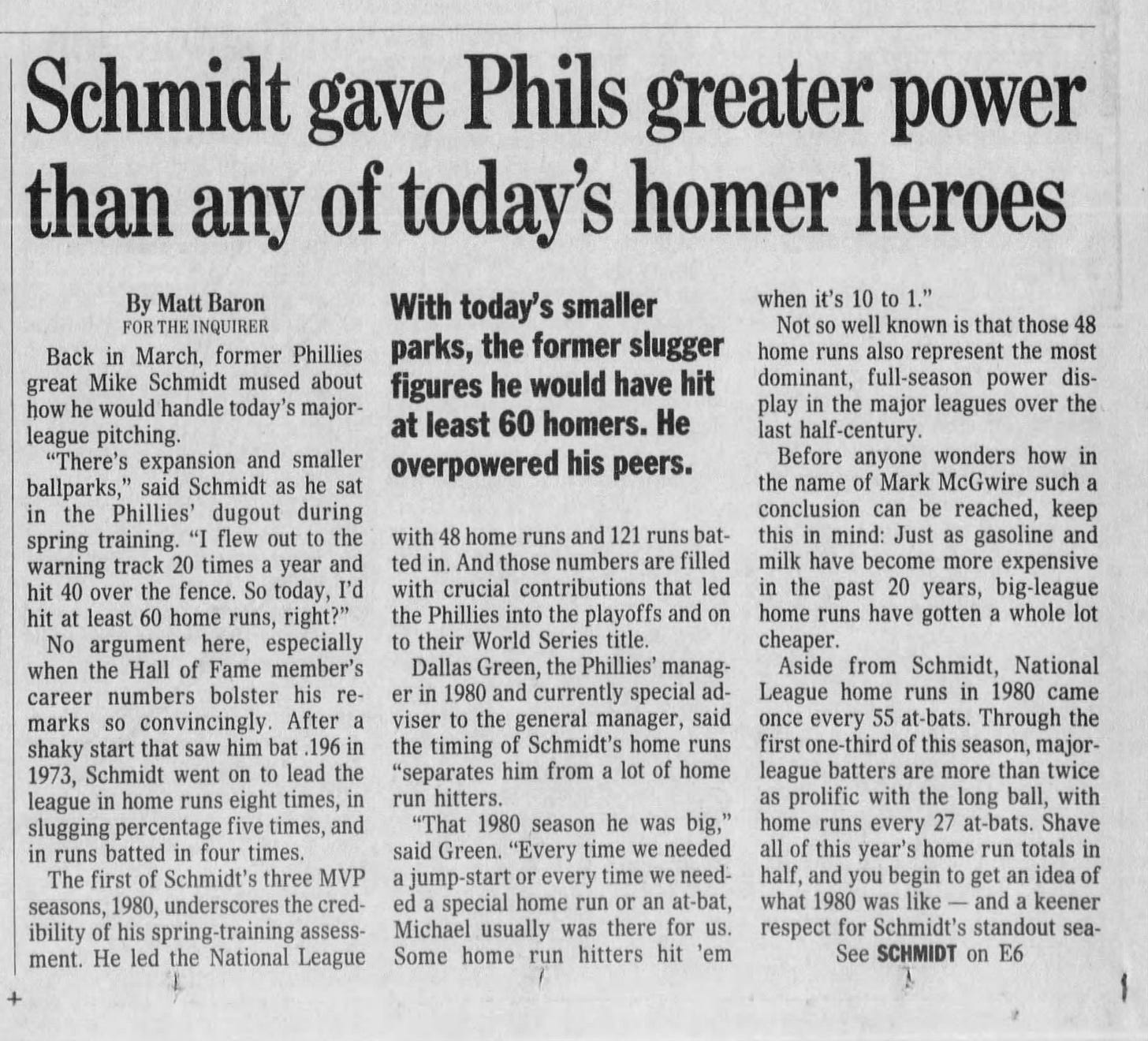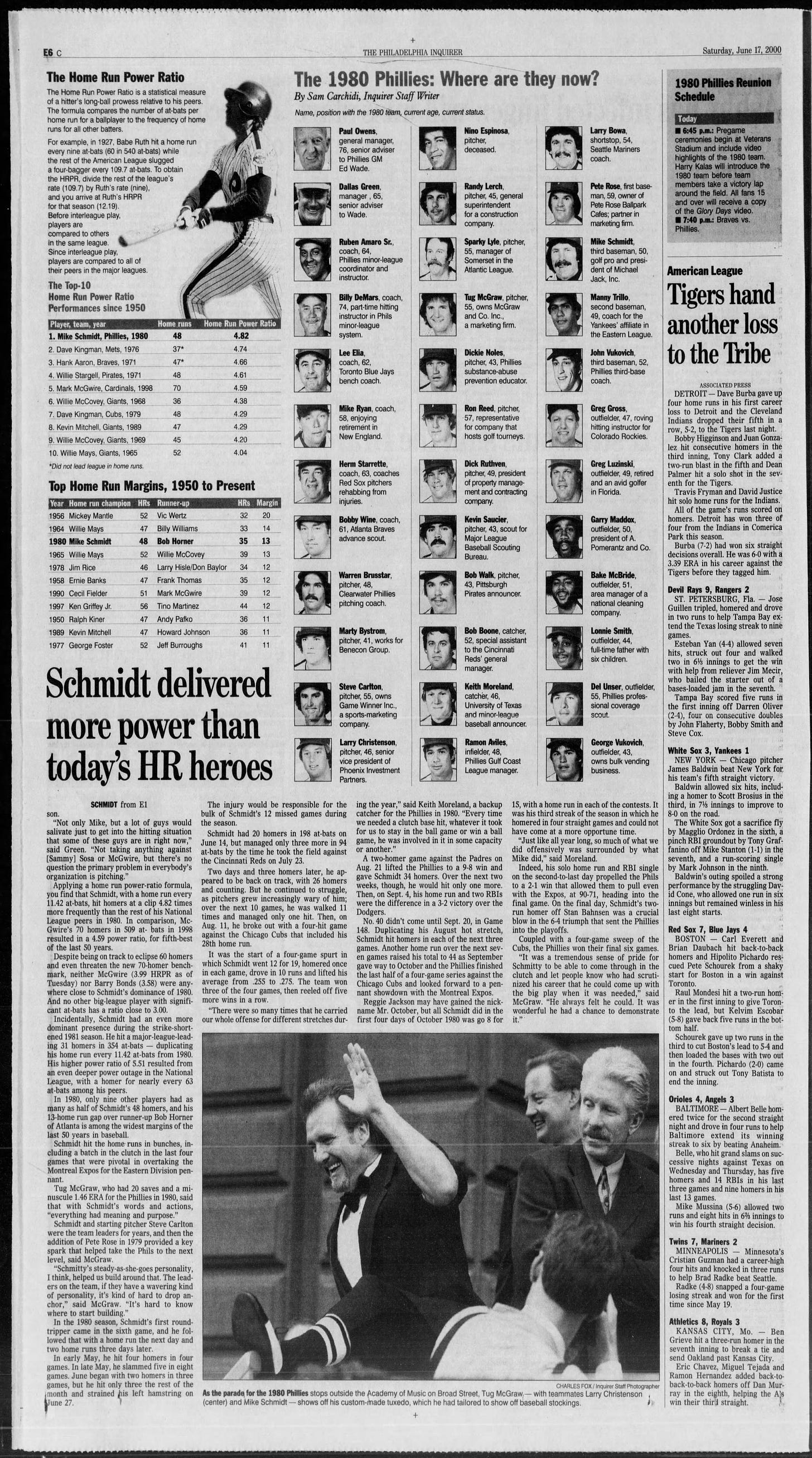Leaning into doubt
At my daughter's college commencement ceremony, Steve Carell brought humor and heart. But the most impactful remarks were delivered by one of her classmates.
Last Sunday, actor Steve Carell’s speech at Northwestern University’s commencement commanded much media coverage.
This is altogether understandable. A beloved and accomplished actor, Carell was funny, self-deprecating and even had a 75-second dance break in the middle of his 17-minute presentation at Chicago’s United Center. Who doesn’t love a dance break?
Although his advocacy for kindness is far from original, he delivered it with heart and humor. Early on, he declared, to one of numerous rounds of laughter: “My topic this morning is kindness, so please just shut up and listen.”
All in all, Carell’s role was easy pickings for media outlets eager to get clicks and “likes” on their platforms.
But as my daughter, Maggie Rose, joined a few thousand fellow Wildcats in graduating, what resonated most were the words of Claire “Clary” Doyle, the ceremony’s undergraduate commencement speaker.
She emphasized the role that doubt plays in our development. Impossible to adequately boil it all down—I invite you to click on the link below—but here’s one inadequately expressed take-away: rather than fearing and burying doubt, we should embrace it as an opportunity to dig deeper and grow.
In a way, it’s a more holistic variation on the caution that I and so many other journalists heard during our fledgling phase in the news-gathering business: `If your mothers says she loves you, check it out!’
Clary capped her challenging, insightful remarks with these words:
“Graduation speeches usually end with a call to change the world, but the truth is this world will change whether or not you do anything about it. So instead, I encourage you to do something much harder, something more important, and that is to change your minds.”
Talk about a mic drop!
If you click on the commencement video, Clary’s seven-minute portion starts at the 1 hour, 59-minute mark (Carell comes on at 1 hour, 28 minutes).
Sparked by speeches from the stage and other experiences, here are other observations from Maggie Rose’s collegiate farewell, which included not only the university-wide commencement but her Medill journalism school1 commencement the next day:
Volume doesn’t equal veracity
Just because someone says something really loud—or even if it’s many people saying the same loud thing—that doesn’t make it accurate. I’ve found this vitally essential to keep in mind as a journalist, among other hats I’ve worn over the years.
This is hardly a news flash. It’s a truth underscored by plenty of proverbs and other pearls of wisdom, from the Bible to many other sources. I just feel it bears repeating, and thoughtful consideration.
Spiritual faith implicitly includes doubt
By definition, faith wouldn’t be faith if it were 100% empirically certain. There needs to be some room for uncertainty—another term for “doubt”—in order for it to qualify as something we’d call “faith.”
For example, I could be wrong about the person at the center of my Christian faith—this Christ character. But I strongly doubt it. As I’ve said more than a few times, “I don’t have enough faith to be an atheist.”
In the end and all along the way, each of us possesses faith—the difference is in who and/or what we place it.
It has been a challenging four years
Globally, nationally, locally—on so many levels, these have been trying times.
Dropping off our daughter on campus in September 2021, everyone had masks as we were in the early stages of emerging from the COVID-19 pandemic. This was a barrier to connection and clarity.
For example, as I wrote two years ago (see below), because I could only see his oh-so-familiar eyes but not the rest of his face, I mistook then-Congressman Adam Schiff (whose son lived down the hall from Maggie Rose their first year) for a fellow Oak Parker.
Who Was That Masked Man?
On Wednesday, Congressman Adam Schiff was censured by House Republicans. Schiff said he would wear it as a “badge of honor.”
By contrast, on Sunday and Monday, I’d estimate less than 1% of people wore masks at these celebratory events. One, oddly enough, was the final student crossing stage at the undergrad portion of the Medill ceremony. I say “oddly” not because she was wearing a mask—that’s an individual choice that I respect—but because she also tried to use the moment to express her views on the Gaza war.
The mask clinging to her mouth muffled her words, so she was indecipherable to most of the few thousand assembled. Before she was gently escorted off the stage, some in the audience booed and some applauded—a mix of support and, I’d venture to say, a calculated decision by some to drown out her remarks.
Uncle Phil’s in the House!
One family triumph from the commencement: my brother Phil (about whom I’ve written at length, including this most recent column a few months ago) was on hand to celebrate the milestone. Grateful for everyone’s well wishes and prayers, he’s over nine months clean and sober.
Nonplussed
One of the biggest surprises of Carell’s speech was his random mention, toward the end, of “nonplussed.” The surprise wasn’t in his reference to it, but that I was mistaken in my cock-sure certainty of its definition.
“The word nonplussed might not mean what you think it means,” Carell said. “Look it up.”
I took him up on it and found that its primary meaning is (referring to a person): “surprised and confused so much that they are unsure how to react.” Its secondary (informal) meaning, through rampant misuse over the years, is what I long mistakenly thought was its sole definition: “not disconcerted; unperturbed.”2
Yep—for sure, I need to doubt what I think I know.
25 Years Ago…
This one’s for baseball fans—and for anyone who can relate to the “where has time gone?” theme it implies: this week marked the Silver Anniversary of this feature story I wrote for The Philadelphia Inquirer, buoyed by my Home Run Power Ratio stats-crunching analysis of baseball Hall of Famer Mike Schmidt’s 1980 season.
The article itself was a 20th anniversary retrospective of that season, a time that I recall well as a 12-year-old zealot of our national pastime. This might not officially make me old, but it helps builds a compelling case for the claim.
For many years, including during my time as a student there, it was the Medill School of Journalism, but its name was changed in 2011 to “Medill School of Journalism, Media, Integrated Marketing Communications.” Try fitting that on a business card or T-shirt!
Folks often use “peruse” in the same way, as it relates to reading—thinking it means “to skim,” when it actually means “to read carefully and at length.”


